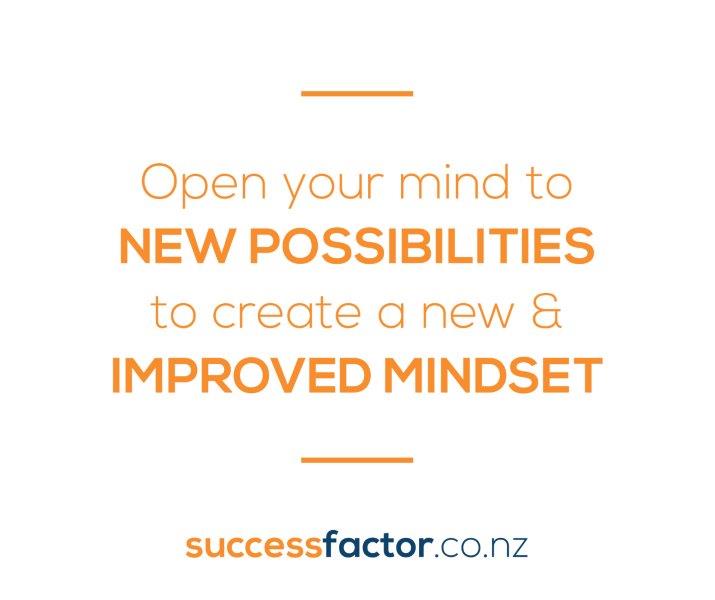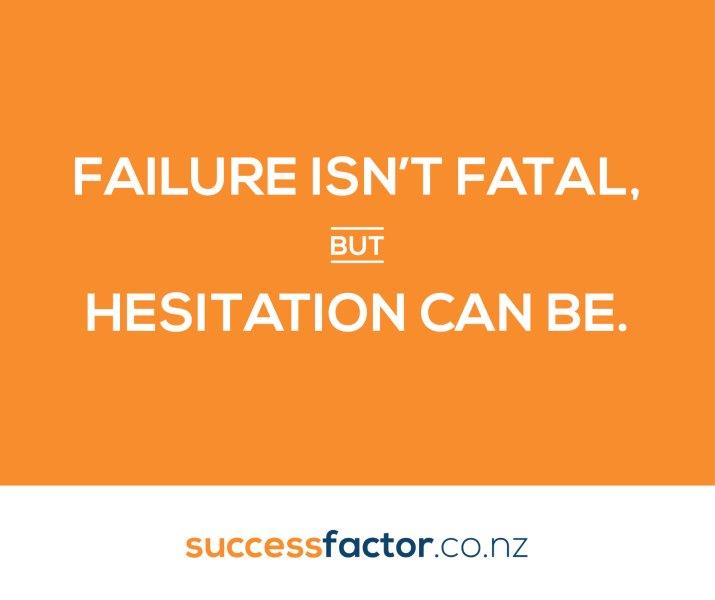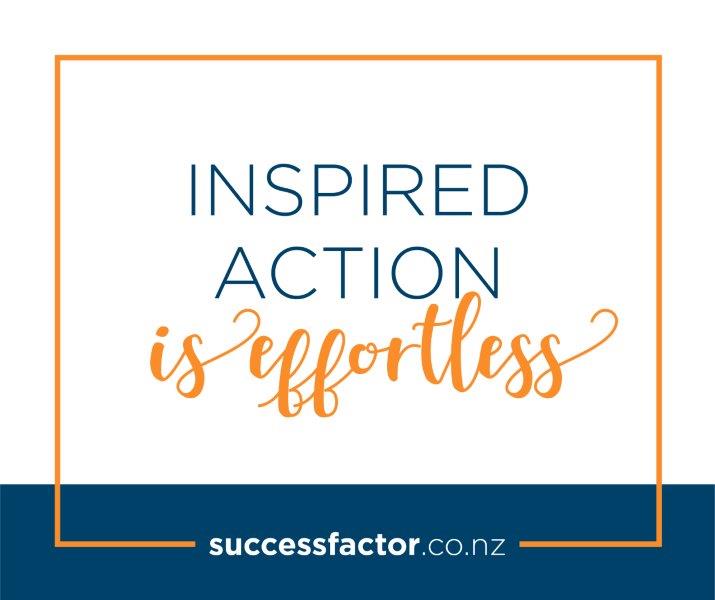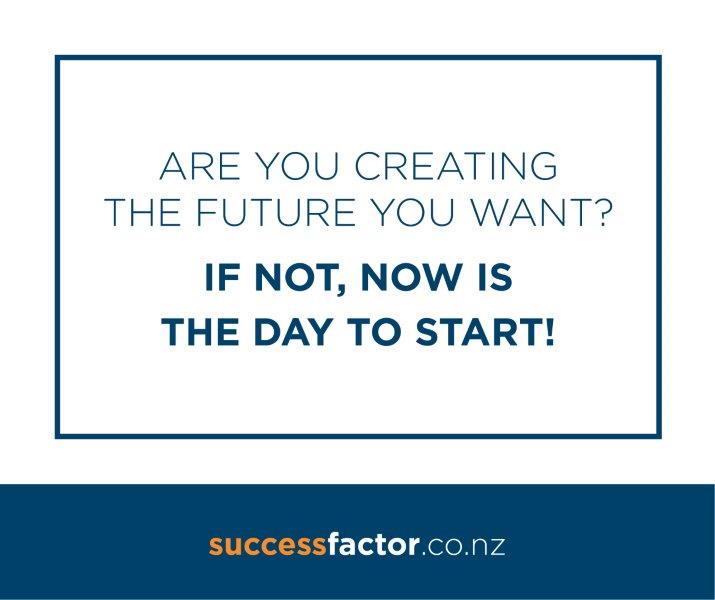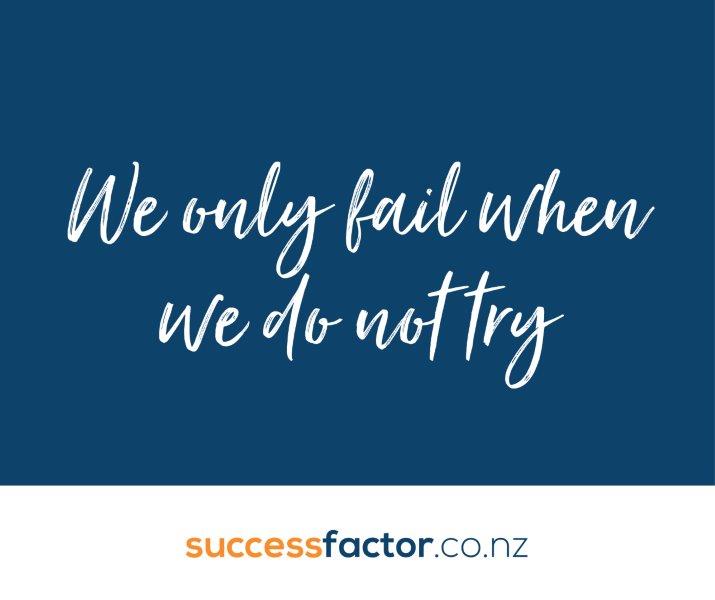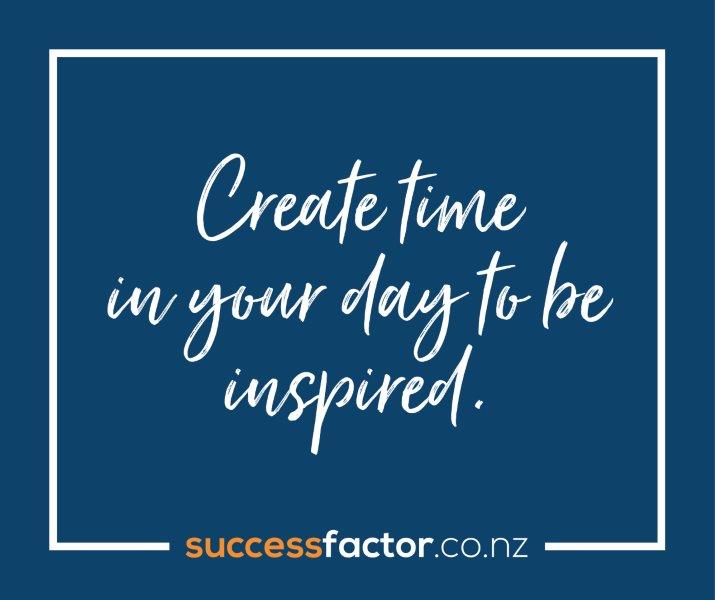Mindset is a powerful thing

Mindset is a powerful thing, isn’t it? It's all very well someone telling you to have a positive mindset rather than a negative one, but it's just not that easy, is it? The human mind is a powerful tool that shapes the way we perceive and interact with the world around us. Our mindset, or our mental attitude, can greatly influence our personal and professional success. In this week's blog, we will explore the reasons why mindset is important both personally and professionally. Let’s look at personal and professional mindset separately. Personal mindset A positive mindset can help us to overcome challenges and setbacks. When we have a growth mindset, we view failures as opportunities for learning and growth. This allows us to bounce back from adversity and approach life with resilience and optimism. On the other hand, a fixed mindset can lead us to give up easily and avoid

